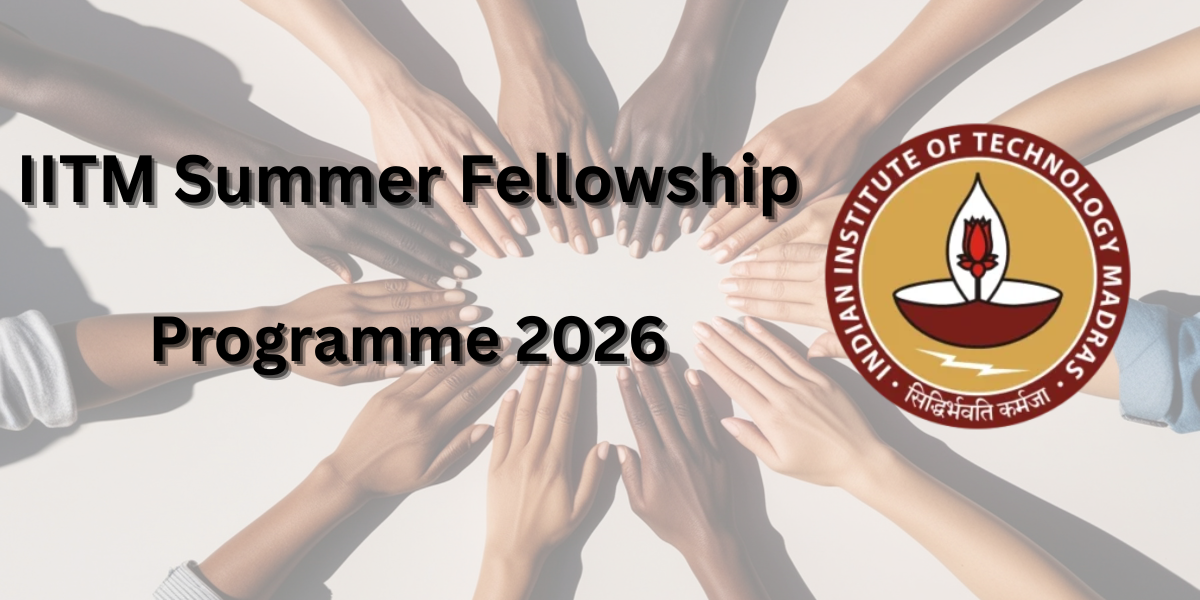When you think of Princeton University, what comes to mind? Perhaps its ivy-covered walls, a history rich with academic excellence, or its role in shaping the leaders of tomorrow. But beyond the well-known accolades, Princeton holds a treasure trove of fascinating and lesser-known facts that make it truly unique. Let’s dive into 10 surprising facts about Princeton University that you might not know.

Princeton University is ranked #1 among national universities in the 2024 edition of Best Colleges. The total cost of tuition is $59,710.
#Historical OriginsFounded Before the American Revolution : Princeton University was founded in 1746, making it one of the oldest universities in the United States. It predates the American Revolution, giving it a deep historical significance that intertwines with the nation’s early years. Original Name and Early Years : Originally named the College of New Jersey, Princeton didn’t receive its current name until 1896. The institution was initially located in Elizabeth and Newark before finally settling in Princeton in 1756. |
#Unique TraditionsThe P-rade : One of Princeton’s most cherished traditions is the P-rade, an annual event during reunions where alumni march through campus in a vibrant and lively procession. It’s a celebration of Princeton’s spirit and community, bringing together generations of graduates. Lawnparties : Lawnparties are a biannual tradition where the campus transforms into a festive concert venue. Students dress up in preppy attire, enjoy live music, and partake in a day of fun and relaxation before the rigors of exams. |
#Notable ArchitectureIconic Nassau Hall : Nassau Hall, built in 1756, is Princeton’s oldest building and has served many roles, including housing the Continental Congress in 1783. Its storied past and striking facade make it a central symbol of the university. The University Chapel : The Princeton University Chapel, one of the largest university chapels in the world, features stunning Gothic architecture and beautiful stained-glass windows. It’s a serene spot on campus and hosts various religious and secular events. |
#Prestigious AlumniU.S. Presidents : Princeton boasts two U.S. Presidents among its alumni: James Madison, the fourth president and one of the Founding Fathers, and Woodrow Wilson, the 28th president who also served as Princeton’s president before his political career. Influential Innovators : From Amazon founder Jeff Bezos to former First Lady Michelle Obama, Princeton has produced numerous influential figures who have left indelible marks on various fields, including technology, politics, and the arts. |
#Academic ExcellenceNobel Prize Winners : Princeton’s commitment to academic excellence is evident in its numerous Nobel Prize winners. Faculty and alumni alike have been recognized for their groundbreaking work in fields such as physics, economics, and literature. Cutting-edge Research Facilities : The university is home to state-of-the-art research facilities that foster innovation and discovery. From the Princeton Plasma Physics Laboratory to the Lewis-Sigler Institute for Integrative Genomics, Princeton is at the forefront of scientific advancement. |
#Secret SocietiesThe Ivy Club : The Ivy Club, one of Princeton’s oldest eating clubs, is known for its exclusivity and secrecy. These clubs, akin to fraternities, play a significant role in the social life of students and have a rich history dating back to the 19th century. The Tiger Inn : Another notable eating club, the Tiger Inn, is famous for its traditions and vibrant social scene. These clubs are integral to Princeton’s unique student culture, fostering lifelong friendships and networking opportunities. |
#Unique CoursesFreshman Seminars : Princeton offers freshman seminars that allow first-year students to engage deeply with a wide array of topics in a small, interactive setting. These seminars are designed to ignite curiosity and foster a love of learning from the very start. Quirky Electives : The university is known for offering some quirky and intriguing elective courses. From “The Sociology of Hip-Hop” to “The Mathematics of Knot Theory,” these courses provide students with diverse and unexpected academic experiences. |
#Hidden Gems on CampusThe Cotsen Children’s Library : Tucked away in the main library, the Cotsen Children’s Library is a magical place filled with rare children’s books, original artwork, and engaging exhibits that captivate both young visitors and the young at heart. The Princeton Garden Project : The Princeton Garden Project is an initiative that promotes sustainable agriculture on campus. It includes an organic garden where students can learn about and practice sustainable farming techniques. |
#Impactful ResearchEnvironmental Studies : Princeton is a leader in environmental research, focusing on issues like climate change, conservation, and sustainability. The Princeton Environmental Institute spearheads many of these initiatives, driving impactful research and solutions. Groundbreaking Physics Research : The university’s contributions to physics are profound, particularly in theoretical and experimental physics. Princeton physicists have been at the forefront of discoveries that push the boundaries of our understanding of the universe. |
#Community EngagementService Learning : Princeton encourages students to engage in service learning, blending community service with academic coursework. This approach helps students develop a sense of civic responsibility and practical skills while benefiting the community. Local Partnerships : The university collaborates with local organizations and schools, fostering strong community ties. These partnerships enhance educational opportunities and community development, reinforcing Princeton’s commitment to public service. |
#Global InfluenceInternational Students : Princeton attracts students from all over the world, creating a diverse and multicultural campus environment. This global perspective enriches the academic and social experience for all students. Worldwide Partnerships : The university maintains partnerships with institutions across the globe, facilitating international research collaborations, student exchanges, and global academic programs that broaden Princeton’s impact. |
#Financial Aid and AccessibilityGenerous Financial Aid Programs : Princeton is renowned for its generous financial aid programs. The university is committed to making education accessible to all students, regardless of their financial background, by offering need-based financial aid that often covers the full cost of attendance. Commitment to Diversity and Inclusion : Princeton strives to foster an inclusive community that reflects a wide range of backgrounds and perspectives. The university actively works to promote diversity through various initiatives and support programs. |
#Extracurricular ExcellencePerforming Arts Groups : Princeton boasts a vibrant performing arts scene, with numerous student-run groups dedicated to theater, music, and dance. These groups provide a creative outlet for students and contribute to the cultural richness of the campus. Athletic Achievements : Princeton’s athletic teams, known as the Tigers, have a storied history of success in collegiate sports. The university’s commitment to athletics is evident in its state-of-the-art facilities and the achievements of its student-athletes. |
[sc_fs_faq html=”true” headline=”h2″ img=”” question=”What is the history behind Princeton’s name?” img_alt=”” css_class=””] Princeton was originally named the College of New Jersey. It wasn’t until 1896 that it was renamed Princeton University, reflecting its location and expanding academic mission. [/sc_fs_faq]
| Read More Topics |
| Why epic charter schools is the future of learning in Oklahoma |
| Are computer science degrees still a safe bet |
| Kickstart a rewarding career in environmental law |





